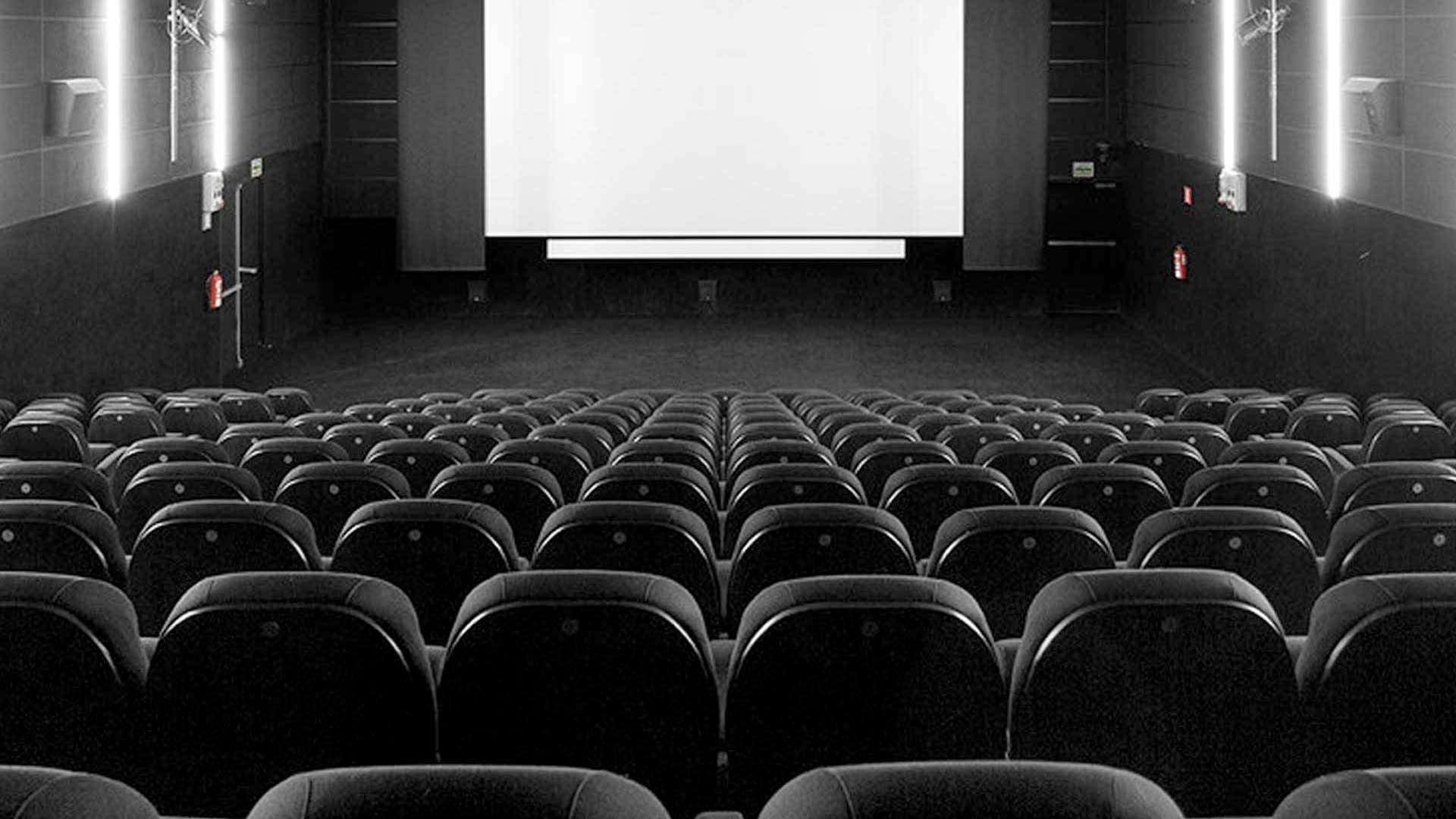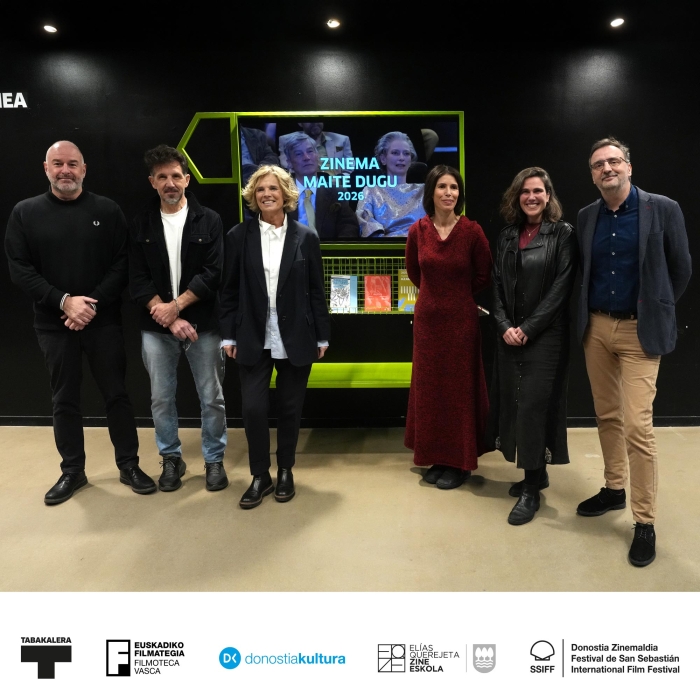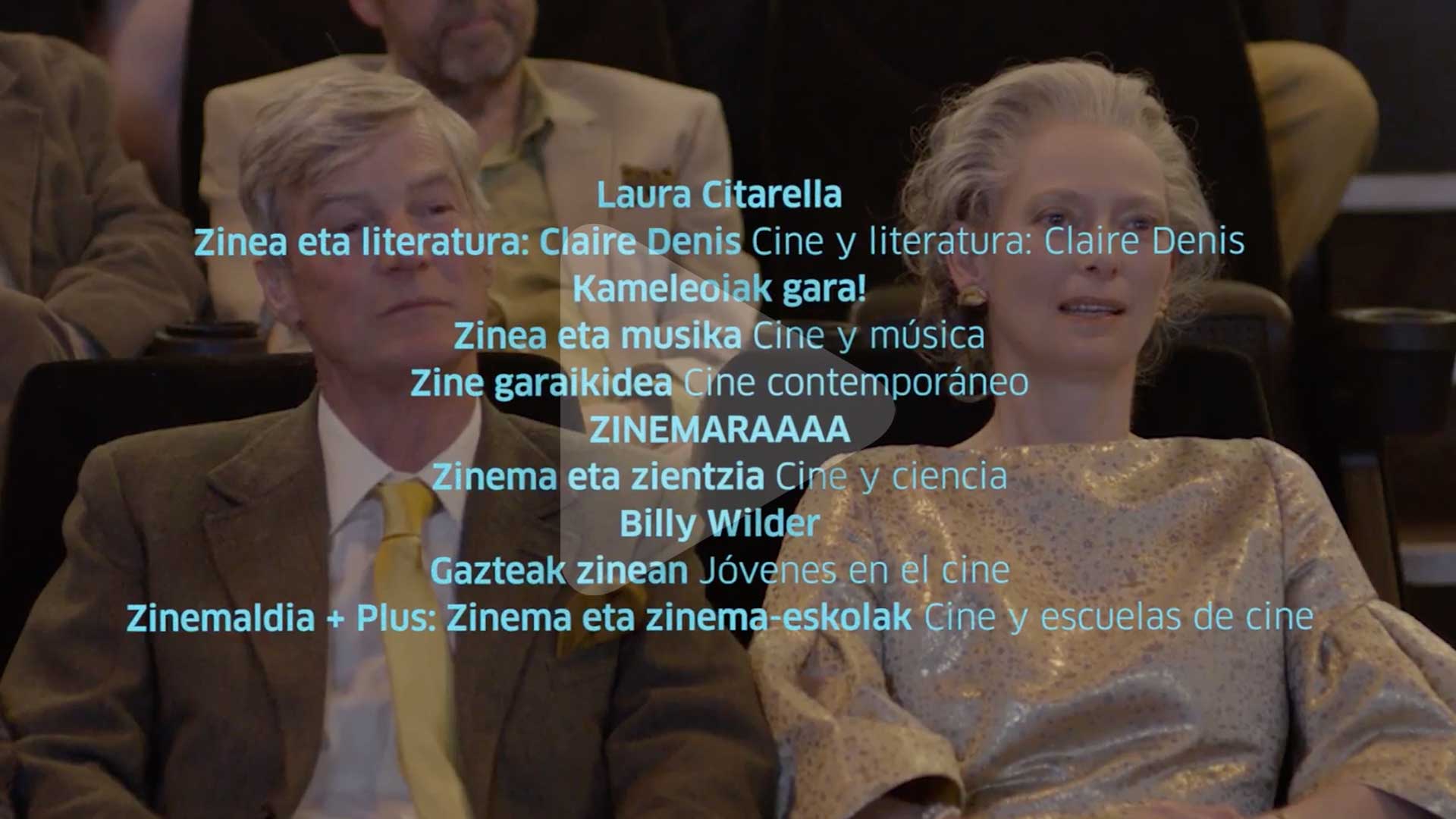The cinema pass and tickets for the 2026 screenings will go on sale from 19 December
Tabakalera presents the new 2026 cinema season, which will begin on 8 January. This programme has been designed jointly by the entities that organise screenings at the centre’s shared screen: Donostia Kultura, San Sebastian Festival, Basque Film Archive, Elías Querejeta Zine Eskola and Tabakalera.
The 2026 programme will maintain its aim of fostering diverse audiences in the cinema of the International Centre of Contemporary Culture. To achieve this, the programme will strengthen the dialogue between cinema and other disciplines through thematic series that explore the intersections between cinema and music, cinema and art, cinema and literature and cinema and science. In addition, programmes developed with the participation of UPV and EQZE will be included.

The 2026 programme will be officially launched with the project Talking Cinema, which seeks to promote direct engagement between filmmakers and spectators. The first session will take place on 8 January and will be attended by Alberto Gastesi, who recently presented his film Singular in the official section of the Sitges Film Festival. The screening of his film will begin at 17:00 and will be followed by a talk in which Gastesi will share his creative process with the audience.
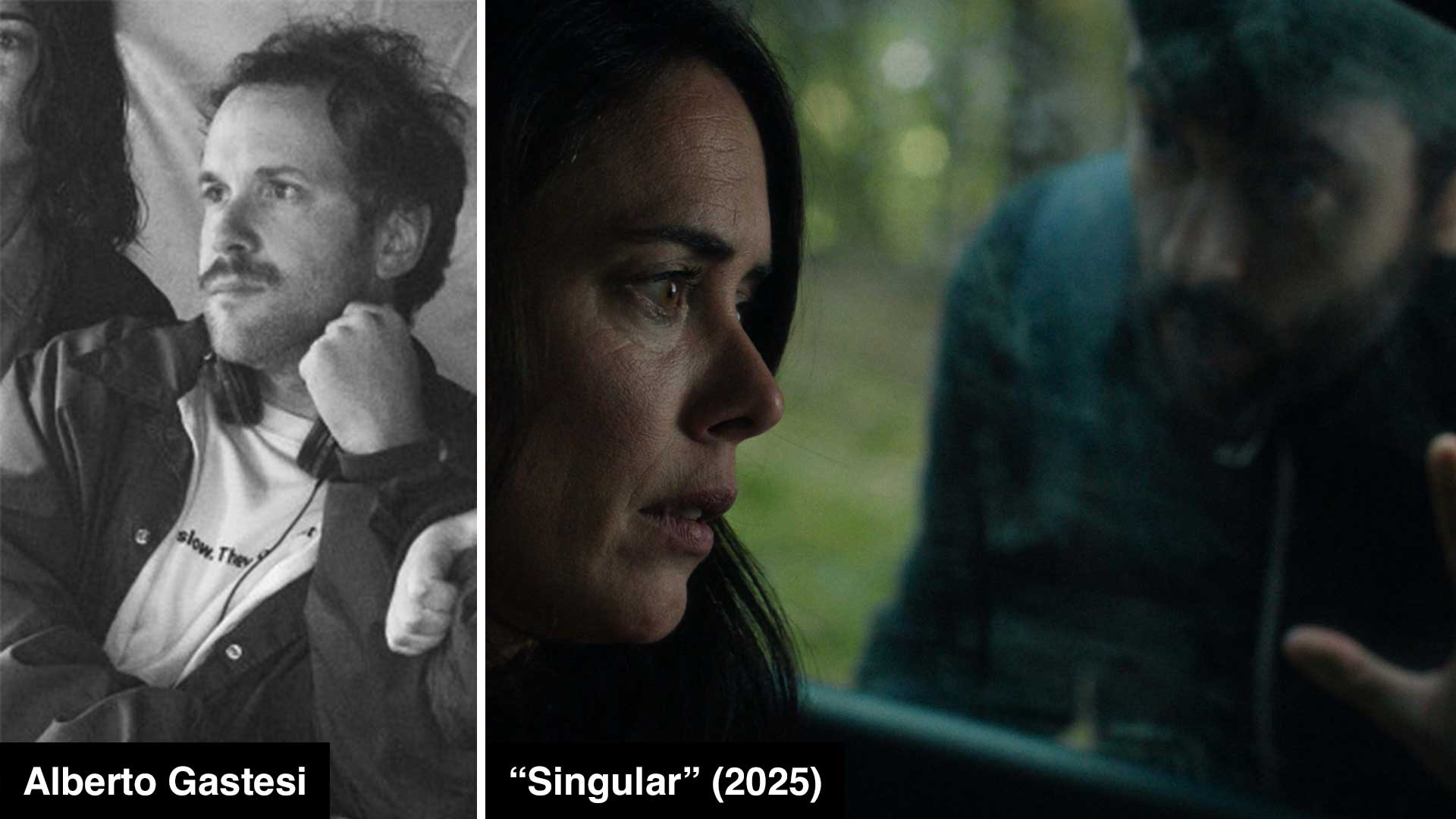
Laura Citarella, Zineb Sedira and Lucile Hadžihalilović
The first major series of the season will be dedicated to the Argentine filmmaker Laura Citarella. A member of the renowned production company El Pampero Cine (together with Mariano Llinás, Alejo Moguillansky and Agustín Mendilaharzu), Citarella has directed four feature films screened at festivals such as Venice and San Sebastian and has excelled in the production of acclaimed titles such as Historias extraordinarias and La flor.
The filmmaker will visit Tabakalera on 15 January to present Trenque Lauquen (Zabaltegi-Tabakalera 2022), considered the best film of 2023 by the specialist magazine Cahiers du Cinéma. During her stay, the director will teach classes at EQZE and will offer an open workshop for the public in the Film and Audiovisual Laboratory. In addition, El Affaire de Miu-Miu will be screened on 17 January, after which Citarella will talk to Lur Olaizola, Tabakalera’s film coordinator.
In February, the Franco-Algerian feminist photographer and video artist Zineb Sedira will visit the centre for the opening of the exhibition dedicated to her in the Exhibition Hall. Coinciding with the exhibition, a series will be organised focusing on filmmakers from Algeria and Morocco. The first of these sessions, on 21 February, will be attended by Zineb Sedira herself, who will present the film Festival panafricain d'Alger 1969, directed by the photographer and filmmaker William Klein.
Between April and June, Lucile Hadžihalilović, recent winner of the Zabaltegi-Tabakalera Award at the San Sebastian Festival, will be the focus of a retrospective organised in collaboration with EQZE. The series will allow audiences to enjoy the French director’s entire filmography, who will also teach classes as a guest lecturer at the film school.
For the third consecutive year, UPV/EHU students will be responsible for the cinema’s programming once a month. The third edition of the Young People in Cinema series begins on 22 January with the goal of reflecting students’ interests on screen and attracting new audiences.
The series exploring the relationship between cinema and literature will begin on 29 January. The writer Eider Rodríguez will be the first guest, in a session dedicated to the film Beau travail by Claire Denis. This monthly series will offer a screening subtitled in Basque accompanied by a presentation given by a writer, also in Basque.
The Cinema and Music series will return on 31 January with a special session: the duo Niña Coyote and Chico Tornado will perform live and will offer a talk on the process of creating their soundtrack.
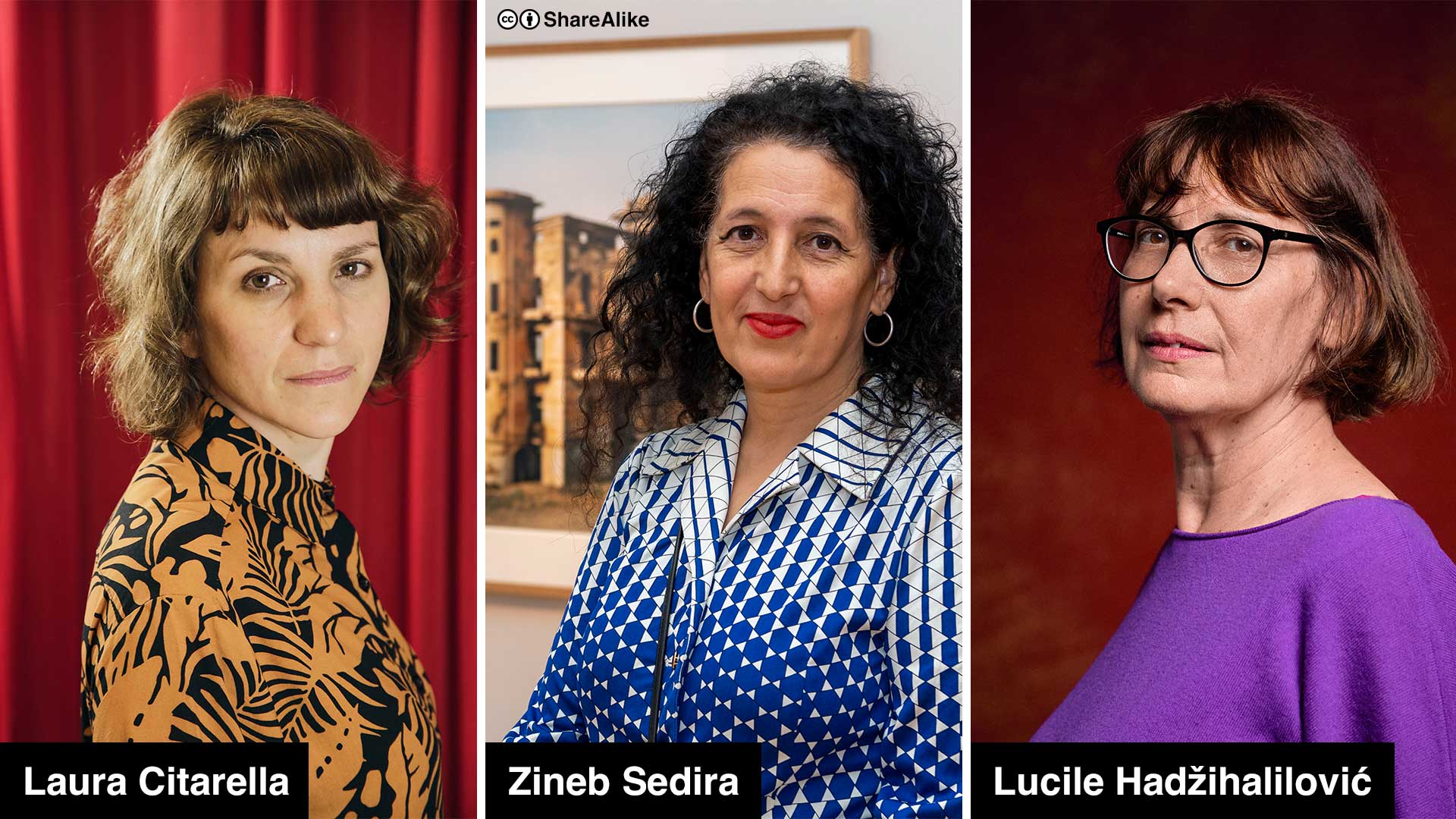
Nosferatu. Billy Wilder
The new Nosferatu series will begin at Tabakalera on 14 January and will be dedicated to the Central European filmmaker Billy Wilder, one of the great names of 20th century world cinema, with a screening of Sunset Boulevard (1950).
Organised by Donostia Kultura and the Basque Film Archive with the collaboration of Tabakalera and the Institut Valencià de Cultura – La Filmoteca, the series will run between January and December 2026 and will include the screening of 32 films.
The programme will offer a comprehensive journey through Wilder’s extraordinary filmography. It will explore his beginnings as a screenwriter in Germany in the 1930s, his directorial debut in France (Mauvaise graine, 1933), and his period as a screenwriter in the United States for filmmakers such as Ernst Lubitsch, Mitchell Leisen and Howard Hawks, culminating with his first film in Hollywood, The Major and the Minor, 1942.
The writer and film critic Luis Alegre will be the coordinator of the book Billy Wilder. Anatomía de un genio, number 22 of the Nosferatu Collection, which will be published in January to coincide with the start of the series. The publication includes interviews conducted for the occasion with Fernando Trueba and Joseph McBride. In autumn 2026, issue 14 of Nosferatu Bilduma, in Basque, written by the professor and film scholar Zigor Etxebeste on Wilder, will be published.
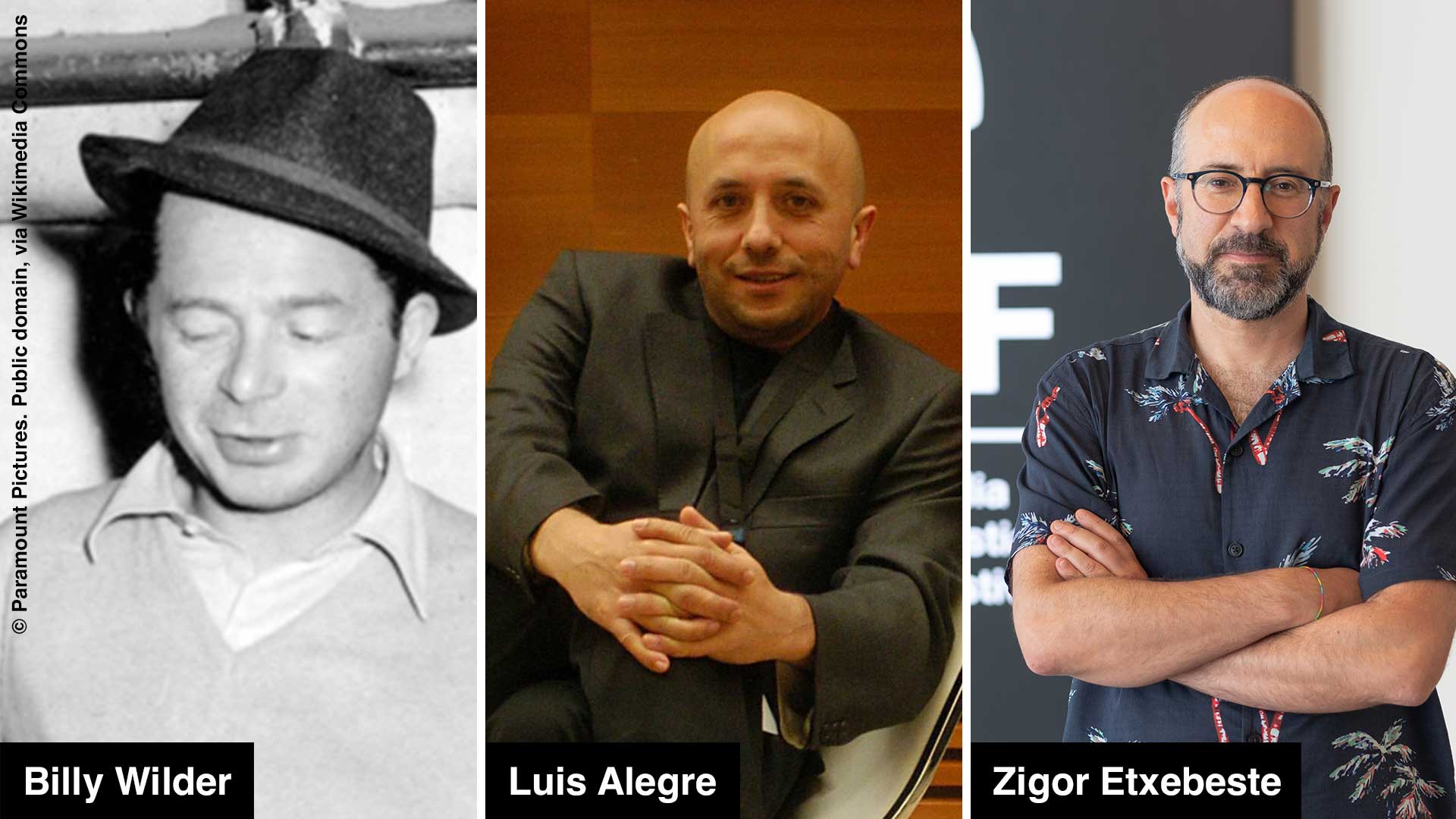
Cinema and film schools
Zinemaldia + Plus, the programme through which the San Sebastian Festival participates in Tabakalera’s shared screen, will dedicate its 2026 programme to the theme of “cinema and film schools”.
In 2018, the Elías Querejeta Zine Eskola opened its doors to the first class of students of creation, curation and archiving. The San Sebastian International Film Festival participated in its development, which has historically addressed the formative stage of professionalisation (that leap into the void that occurs between film school and the professional world) with sections such as Nest. Since its inception, it has co-organised numerous projects with the film school that have been transformative for the international festival in Donostia.
With the aim of seeing how cinema has addressed the training of its own technical and artistic teams, this series, which is, of course, co-organised with the Elías Querejeta Zine Eskola, brings together a selection of films that take place in film schools, which record this vital period, as well as films that literally arise from work in the classroom, collective films and films that blur the boundary between student and filmmaker.
The cycle will feature: We Can't Go Home Again by Nicholas Ray (1973) Todos vós sodes capitán by Oliver Laxe (2010), Don't Expect Too Much by Susan Ray (2011), Le concours by Claire Simon (2016), Los mutantes by Gabriel Azorín (2016), The Souvenir: Part II by Joanna Hogg (2021), A Night of Knowing Nothing by Payal Kapadia (2021) and Tú me abrasas by Matías Piñeiro (2024).
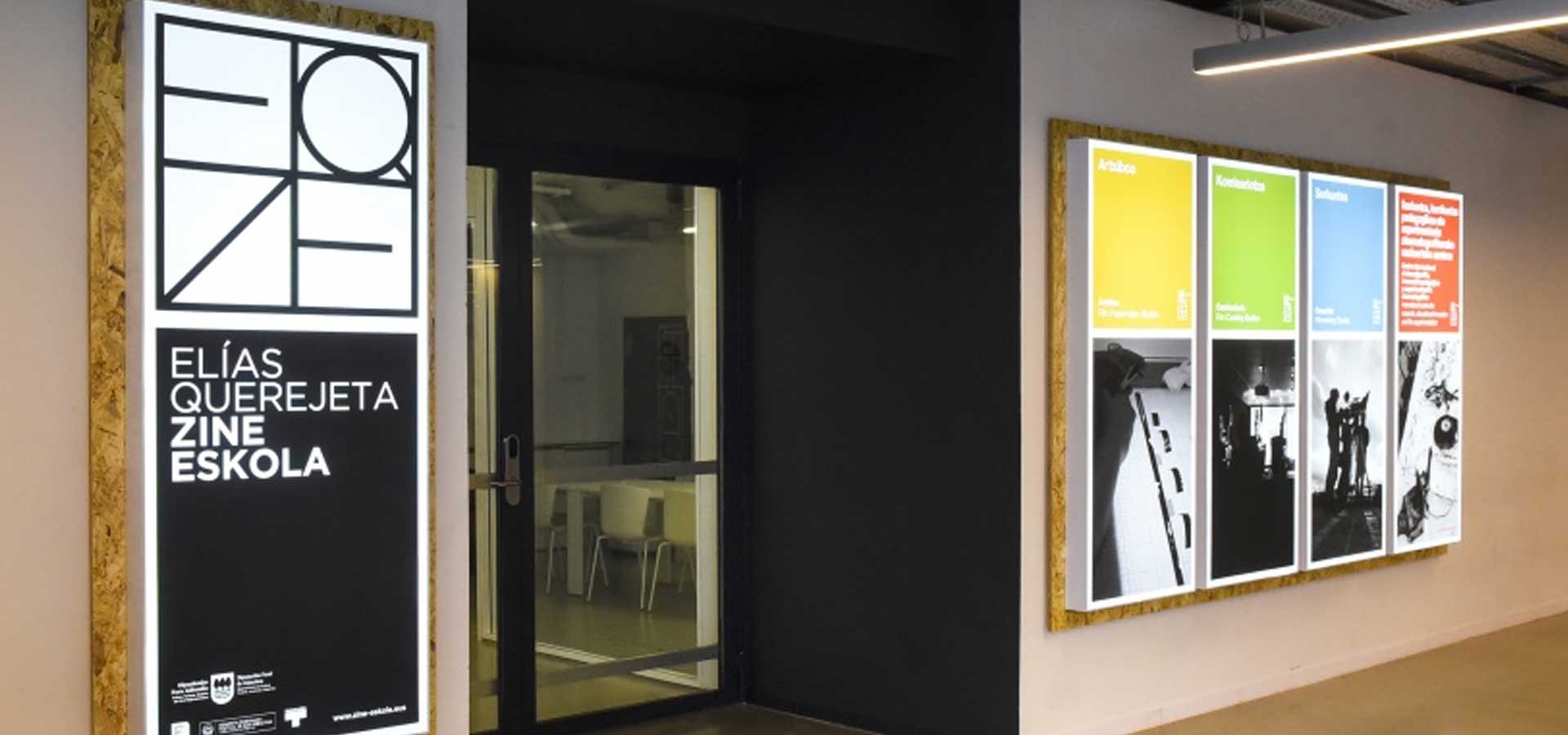
Ninth edition of Cinema and Science
As is now customary, the Basque Film Archive begins its cinematic year with a new edition (the ninth one) of the Cinema and Science series. This programme is jointly organised with the Donostia International Physics Center (DIPC) and the San Sebastian International Film Festival.
The series will begin on 9 January and, following tradition, will be presented by the president of the DIPC, Pedro Miguel Etxenike. Etxenike will be responsible for presenting the opening film: a sci-fi classic, Planet of the Apes (Franklin J. Schaffner, 1968). Through cinematic language, this series will address different disciplines and issues related to the world of science. The full programme will be announced soon.
The Basque Film Archive’s spring programme will be dedicated to Basque cinema. Between April and June, there will be 10-12 screenings showcasing a small selection of Basque productions, both classic ones and more recent proposals.
The celebration of three major jazz festivals in our region (Vitoria-Gasteiz, San Sebastian, Getxo) makes the month of July the Basque jazz month par excellence, and the Basque Film Archive will join in this musical and cinematic celebration through the Jazzinema series, which marks its first decade.
Autumn will be the time for the classics, with the third edition of the Klasikoak series, co-organised with the San Sebastian Festival. Films that have achieved the status of “classics” and have been recently restored will be presented. The Festival will present the first two instalments in September and the largest part of Klasikoak will take place between October and December.
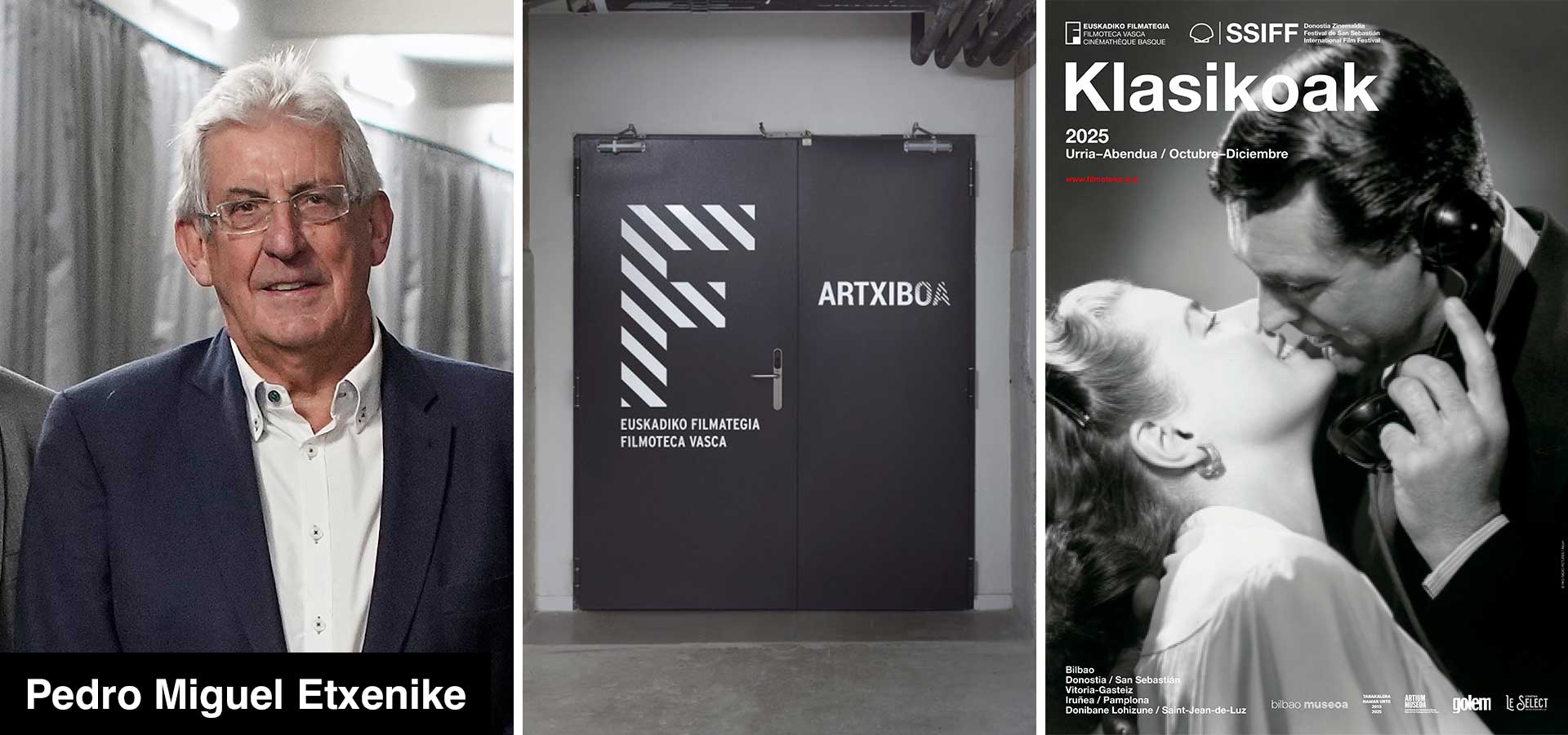
2026 cinema pass and ticket sales
The Tabakalera cinema pass is on offer again for 2026 and will offer entry to 30 films for €90. This pass is valid for screenings by the partner institutions of the shared screen (Donostia Kultura, Basque Film Archive, Elías Querejeta Zine Eskola, San Sebastian International Film Festival and Tabakalera) except those scheduled during said festival in 2026.
The purchase of the pass includes, once again, one of the two publications of the Nosferatu Collection, the collective book Dena egiteke dago, zinema tirokatu (coordinated by Iratxe Fresneda) or the book in Spanish Billy Wilder. Anatomía de un genio (coordinated by Luis Alegre).
The pass may be purchased from 19 December 2025 at 12:00 and sales will remain open until 31 January 2026 at 12:00. Purchases and procedures may be carried out both on the Tabakalera website and at its Information Point. The tickets in the pass can be used from 1 January to 31 December 2026.
The sale of ordinary tickets for the January screenings will open on the same date and at the same time (19 December 2025 at 12:00). Regular tickets will cost €4.50. This price increase will be offset by the removal of online booking fees. The usual discounts will continue to apply as before.
All information related to the pass and the January programme can be found on the Tabakalera website.
